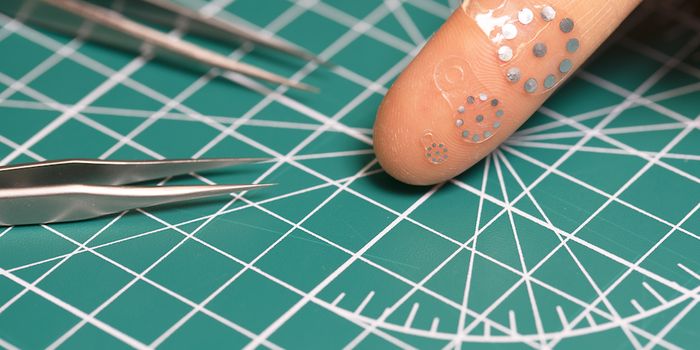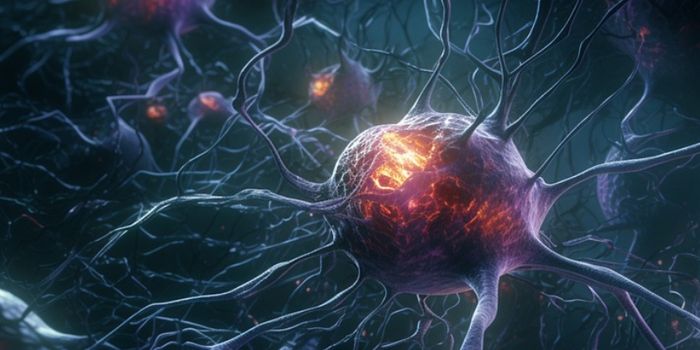
Our genes make us. They decide our height, the sound of our voice, and even how athletic we are. We’ll always have the same set of genes throughout our lives. However, specific ones will activate or deactivate depending on what we do, consume, and experience on a daily basis.
Now, two new studies claim that a father's diet affects his offspring's genetic code. Children of fathers who eat unhealthy are at a higher risk of having birth defects.
To understand this study, one needs to understand epigenetics. The genome is the complete set of genes present in a cell. The epigenome decides which genes are expressed and how much of that gene is expressed. Epigenetics looks at what happens to your genes over the course of your life. It additionally looks at how those genetic changes are passed down to your children (and even their children).
The cells need outside instructions to understand what to do with their given set of genes. Methyl groups control the genome by binding to genes and saying to the cell, "express this gene" or "do not express this gene." This is how cells know whether they are eyeball cells or muscle cells.
Researchers already understood that a bad diet causes methyl groups to bind to the wrong gene and make mistakes. Cells become abnormal and can cause a person to develop different diseases.
They knew these genetic abnormalities could be passed on from the mother to her offspring. They did not know that a father's unhealthy diet would affect the genes of his unborn child.
In the first study, cell biologist
Qui Chen led a team of researchers in fertilizing a group of mouse eggs using sperm from male mice fed a high-fat diet. The researchers also fertilized a control mouse group using sperm from male mice on a normal diet. The offspring of the two groups did not exhibit any significant differences in their body weight in the first 16 weeks. However, the high-fat diet offspring, as young as seven-weeks-old, developed impaired glucose tolerance and insulin resistance. Their problems became more severe at 15 weeks.
The researchers then evaluated whether the sperm RNA contributed to the differences between the two groups. They purified RNA from the two groups of sperm and injected them into normal fertilized eggs. The high-fat diet offspring had significantly higher blood glucose and insulin levels. Their insulin sensitivity was consistent with that of the normal diet offspring. Thus, the RNAs from the sperm of high-fat diet males have information that induced glucose intolerance. However, the sperm did not contain information to induce insulin resistance.
The
second study was led by Upasna Sharma, post-doctoral fellow at the University of Massachusetts Medical School. Sharma and a group of researchers tested whether sperm of mice fed a low protein diet experienced any changes in RNA levels. The data revealed that a subset of genes was suppressed. The subset included a gene that contributes to the plasticity of mouse embryonic stem cells.
The findings raise concerns over fathers unknowingly passing harmful traits to their children. A bad diet doesn’t just damage their own bodies - it damages the bodies of their future children and even grandchildren.
Sources:
Press release via
American Association for the Advancement of Science and
EurekAlert!,
SciShow,
Breaking Muscle

 Our genes make us. They decide our height, the sound of our voice, and even how athletic we are. We’ll always have the same set of genes throughout our lives. However, specific ones will activate or deactivate depending on what we do, consume, and experience on a daily basis.
Our genes make us. They decide our height, the sound of our voice, and even how athletic we are. We’ll always have the same set of genes throughout our lives. However, specific ones will activate or deactivate depending on what we do, consume, and experience on a daily basis. 
















































